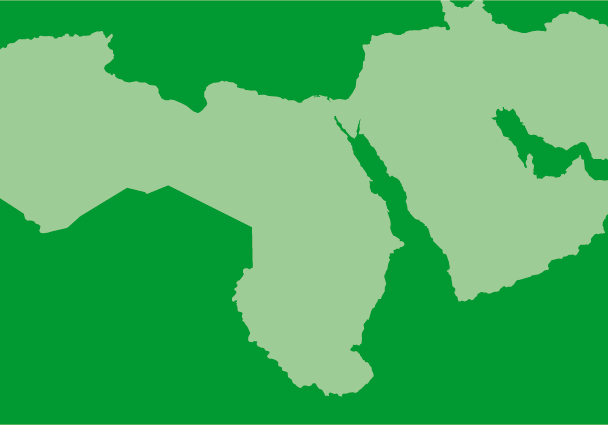The ICJ today raised the situations of Egypt and India before the UN Human Rights Council in the interactive dialogue with the UN Working Group on Arbitrary Detention.
The statement could not be read due to the limited time provided to civil society. It reads as follows:
“Mr President,
The ICJ draws again the Council’s attention to the widespread, sustained crackdown on human rights defenders (HRDs), lawyers, journalists and alleged political opponents, in Egypt.
The Egyptian authorities continue to commit gross human rights violations, including the arbitrary detention of tens of thousands people, enforced disappearances, torture, judicial harassment and politicized prosecutions based on “terrorism-related” charges, and excessive and arbitrary pre-trial detention. Human rights defender Alaa Abdel Fattah, who was convicted by the Emergency State Security Court for “spreading false news”, has been on hunger strike for over 22 weeks to denounce such violations.
The ICJ calls upon this Council to hold Egypt accountable for its abysmal human rights record by establishing an independent monitoring mechanism.
In India, overbroad anti-terrorism laws, including the Unlawful Activities Prevention Act (UAPA), violate or facilitate violations of the rights to life, liberty, fair trial, freedom from torture or other ill-treatment, as well as freedom of expression, peaceful assembly and association, and are used to target and detain HRDs. Between 2018 and 2020, 34 among them, including academics, lawyers, civil society activists and student leaders, were arrested and detained arbitrarily. Since then, one of them, Stan Swamy, has died in custody, partly due to inadequate medical care.
The ICJ urges the Indian Government to repeal or amend anti-terrorist laws such as the UAPA and to release all HRDs detained arbitrarily.
I thank you”
Contact:
Massimo Frigo, ICJ UN Representative, e: massimo.frigo(a)icj.org, t: +41797499949

